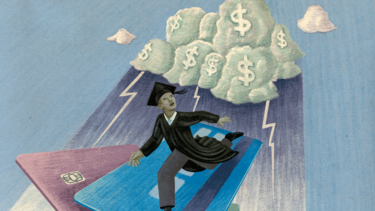Finance
The Corporation Is Centuries Older than We Thought
The genesis of the joint-stock company is usually traced to the founding of the English East India Company and the Dutch East India Company around 1600. New research co-authored by Prof. William Goetzmann says this origin story may be off by centuries.

Should the Federal Reserve Reveal More about Its Stress Test Models?
Greg Feldberg, director of research at the Yale Program on Financial Stability, argues that the Fed already discloses more than any other authority in the world about its stress test models and warns that revealing more could repeat mistakes made in the run-up to the Global Financial Crisis of 2008-09.

Investors Reward Gender-Diverse Companies
Advocates have long made the case that hiring more women is the right thing to do, and that gender diversity helps firms be more effective. New research from Yale SOM’s Jennifer Dannals suggests another reason for a gender-diverse workforce: investors love to see it.

CEOs Invest Less in Corporate Social Responsibility When Their Own Money Is At Stake
A study co-authored by Yale SOM’s Kelly Shue finds that when CEOs have a larger financial stake in their companies, or when they face stronger shareholder oversight, they cut back spending on corporate social responsibility efforts.
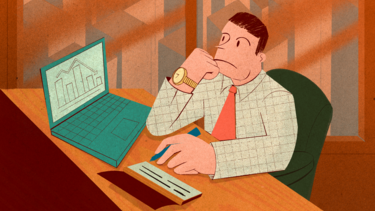
What Did the Last Four Years Teach Us about Managing Inflation?
William English, a professor in the practice of finance and a former economist at the Federal Reserve, discusses lessons learned from central banks’ responses to four-plus years of extraordinary economic disruption.
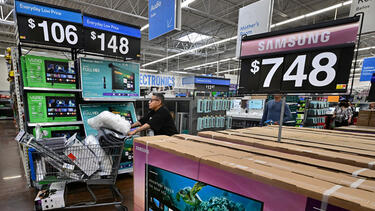
What Does a Record Stock Market Mean?
We asked Yale SOM’s William Goetzmann, an expert on financial markets and the history of finance, what soaring stock prices say about the economy and the future of the markets.
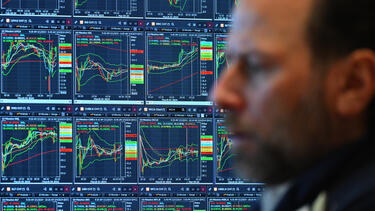
Assembling an Economy in Space
A mix of public and private investments are positioning the space economy for a period of growth and innovation, says Sven Eenmaa ’98, director of investment and economic analysis at the International Space Station U.S. National Laboratory.

Our Most-Read Stories of 2023
This year, Yale SOM research examined sustainable investing, the dynamics of social media, the role of race in school discipline, and the complexities of airline pricing. And faculty offered expertise on issues in the news, including the changing workplace, noncompete agreements, the politics of ESG investing, the effectiveness of masks, the collapse of Silicon Valley Bank, and the Barbie movie phenomenon.
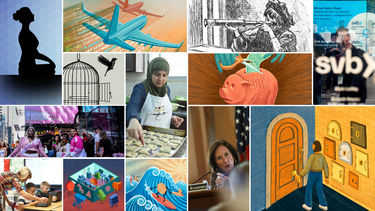
Is Commercial Real Estate in for a Downturn…or a Crisis?
Commercial real estate downturns don’t typically create systemic threats. Yale SOM’s Andrew Metrick offers a nightmare scenario showing why this time might be different.

Lower-Income Employees Are More Likely to Remain at 401(k) Defaults, Even If It Costs Them Money
Automatically enrolling employees in retirement plans is a powerful tool for increasing savings. But Yale SOM’s James Choi and his coauthors find that once enrolled, people with lower incomes are more likely to remain at default contribution rates, even if they aren’t optimal.
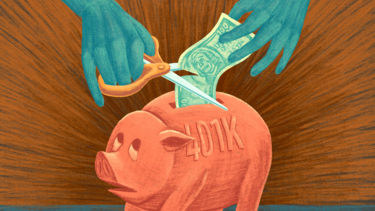
Did Student Loan Forbearance Push Distressed Borrowers Further into Debt?
In a new study, Yale SOM’s Heather Tookes and her co-authors find that after loan forebearance went into effect in March 2020, distressed borrowers’ credit scores jumped. That allowed them to take on more credit card and auto debt—and, eventually, led to higher rates of delinquencies.
